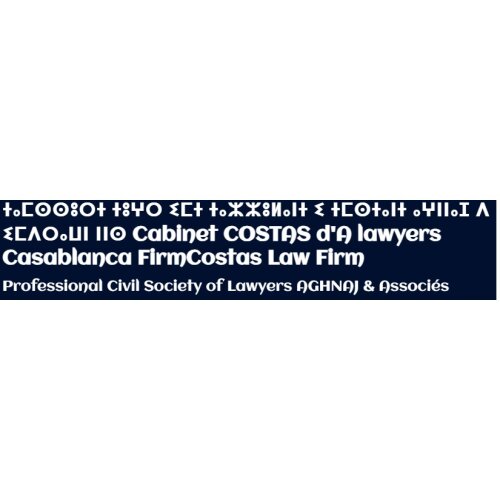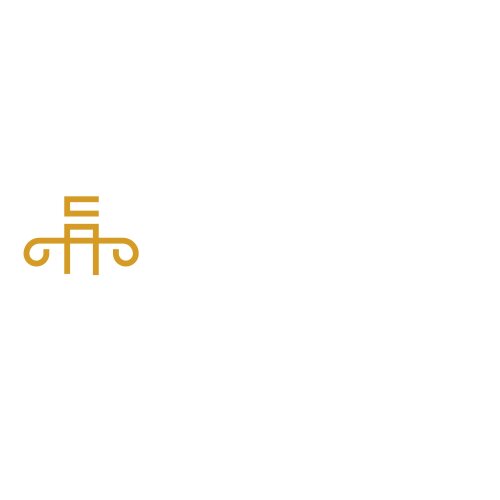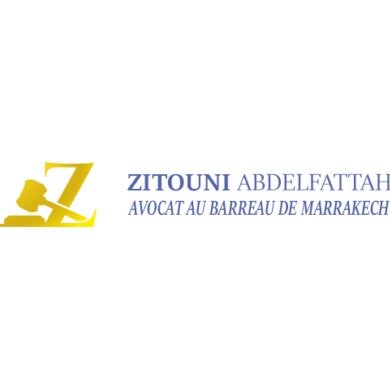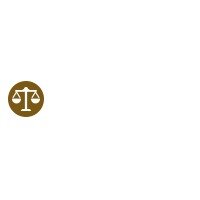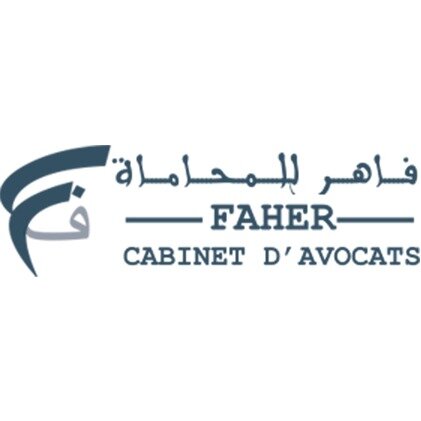Best Criminal Litigation Lawyers in Morocco
Share your needs with us, get contacted by law firms.
Free. Takes 2 min.
Or refine your search by selecting a city:
List of the best lawyers in Morocco
About Criminal Litigation Law in Morocco
Criminal litigation in Morocco is a branch of the legal system concerned with the prosecution and defense of individuals charged with criminal offenses. The Moroccan legal system is influenced by both French legal traditions and Islamic law principles. Criminal litigation involves various stages, including investigation, trial, and, if necessary, appeals. The courts tasked with handling criminal matters include the First Instance Courts, Courts of Appeal, and the Supreme Court for more serious offenses.
Why You May Need a Lawyer
There are several scenarios where individuals may require legal assistance in criminal litigation in Morocco. Common situations include facing criminal charges, being investigated by law enforcement, needing to appeal a court decision, or seeking a reduction in sentencing. Legal advice is essential to navigate the complexities of criminal proceedings, protect rights, and ensure a fair trial.
Local Laws Overview
Key aspects of Moroccan criminal law include the following:
- Punitive System: Moroccan law categorizes crimes as contraventions, misdemeanors, and felonies, each with corresponding penalties.
- Presumption of Innocence: Accused individuals are presumed innocent until proven guilty in a court of law.
- Legal Representation: Defendants have the right to legal representation, and in some cases, the court can appoint a lawyer.
- Criminal Code: The Moroccan Penal Code outlines offenses and penalties, while procedural rules are set out in the Criminal Procedure Code.
- Juvenile Justice: Special provisions exist for juveniles, including rehabilitation over punishment.
- Anti-Corruption Laws: Morocco has specific laws to combat corruption and enhance transparency within law enforcement and judicial processes.
Frequently Asked Questions
1. What should I do if I am arrested?
If you are arrested, it is crucial to remain calm, request a lawyer, and refrain from making any statements without legal counsel present.
2. How are police interrogations conducted?
Interrogations must respect the rights of the accused. You have the right to be informed of the charges and to request an attorney during questioning.
3. What is the role of a defense lawyer?
A defense lawyer represents the accused throughout the trial process, builds a defense case, negotiates with prosecutors, and ensures the defendant's rights are protected.
4. Can I appeal a conviction?
Yes, individuals have the right to appeal a criminal conviction to a higher court, which can review the evidence and legal procedures of the lower court.
5. What are the typical stages of a criminal trial?
Stages include initial investigation, preliminary hearings, trial, and, if applicable, the appeals process.
6. Are there alternatives to imprisonment?
Moroccan law allows for alternatives such as fines, suspended sentences, probation, or community service, depending on the crime and circumstances.
7. How long can I be held in custody without charge?
The law permits detention for up to 48 hours without charge. This period can be extended to 96 hours with a prosecutor’s approval for severe offenses.
8. What are my rights during a trial?
You have the right to a fair trial, legal representation, the ability to present evidence, and the right to confront accusers.
9. How are minors treated in the criminal system?
Minors are accorded special protections, and proceedings focus on rehabilitation rather than punitive measures.
10. What role do witnesses play in a trial?
Witnesses provide testimony that can support either the prosecution or defense. Their credibility can significantly influence the outcome of a trial.
Additional Resources
For those seeking more information or legal advice on criminal litigation in Morocco, consider the following resources:
- Ministry of Justice: Provides official publications and resources related to the justice system in Morocco.
- Bar Associations: Offer referrals to qualified criminal defense lawyers.
- Human Rights Organizations: Provide support and advocacy for individuals involved in the criminal justice system.
- Legal Aid Clinics: Some universities and NGOs offer free legal advice and representation.
Next Steps
If you require legal assistance in criminal litigation, consider taking the following steps:
- Consult an Attorney: Reach out to a licensed criminal defense lawyer in Morocco to discuss your case.
- Gather Evidence: Collect any relevant documents, witness information, and evidence that may support your defense.
- Understand Your Rights: Familiarize yourself with your legal rights and the proceedings to better navigate your case.
- Prepare for All Stages: Work with your lawyer to prepare for each stage of the legal process.
- Stay Informed: Keep abreast of any changes in the law that may affect your case.
Taking informed and timely action is essential in navigating the complexities of criminal litigation in Morocco.
Lawzana helps you find the best lawyers and law firms in Morocco through a curated and pre-screened list of qualified legal professionals. Our platform offers rankings and detailed profiles of attorneys and law firms, allowing you to compare based on practice areas, including Criminal Litigation, experience, and client feedback.
Each profile includes a description of the firm's areas of practice, client reviews, team members and partners, year of establishment, spoken languages, office locations, contact information, social media presence, and any published articles or resources. Most firms on our platform speak English and are experienced in both local and international legal matters.
Get a quote from top-rated law firms in Morocco — quickly, securely, and without unnecessary hassle.
Disclaimer:
The information provided on this page is for general informational purposes only and does not constitute legal advice. While we strive to ensure the accuracy and relevance of the content, legal information may change over time, and interpretations of the law can vary. You should always consult with a qualified legal professional for advice specific to your situation.
We disclaim all liability for actions taken or not taken based on the content of this page. If you believe any information is incorrect or outdated, please contact us, and we will review and update it where appropriate.
Browse criminal litigation law firms by city in Morocco
Refine your search by selecting a city.





